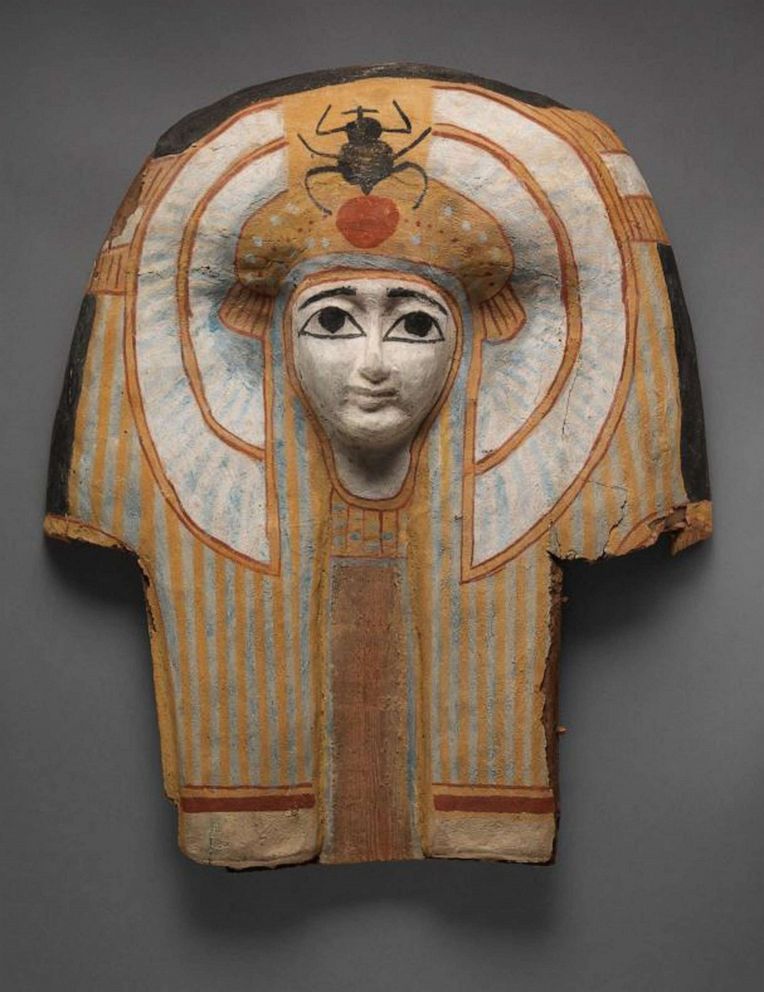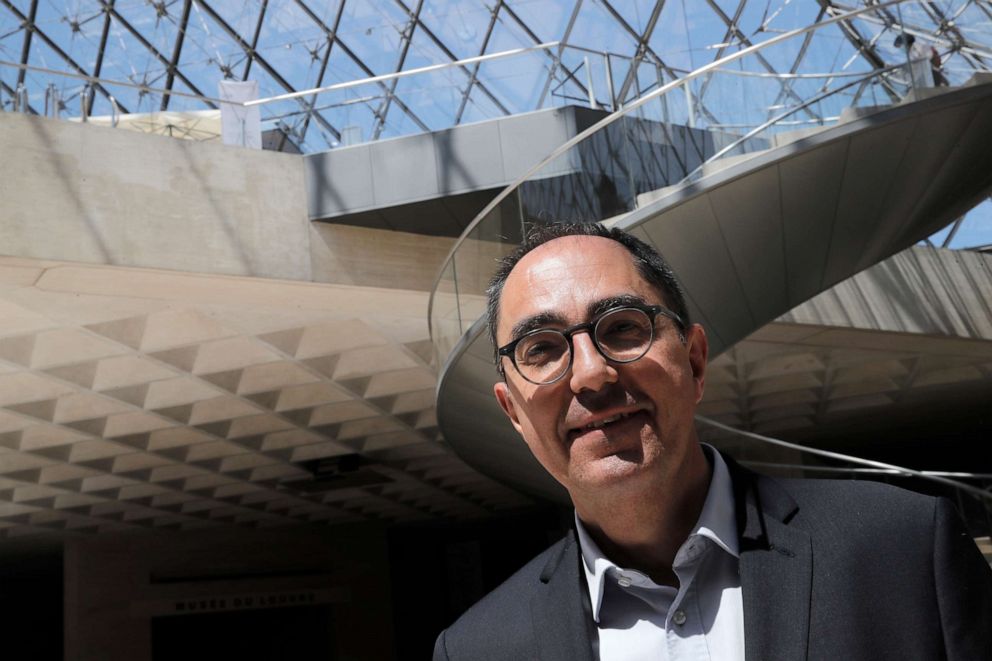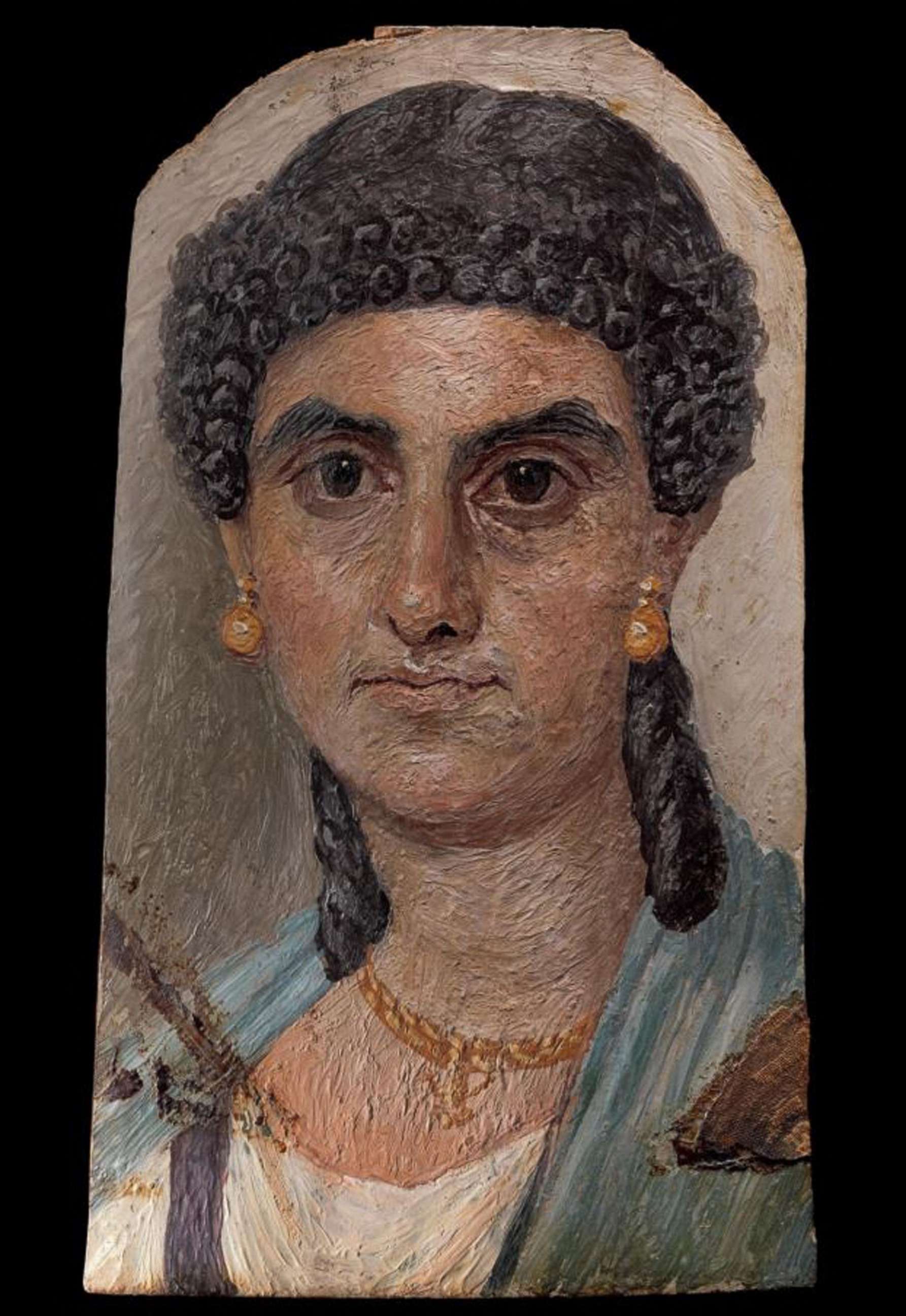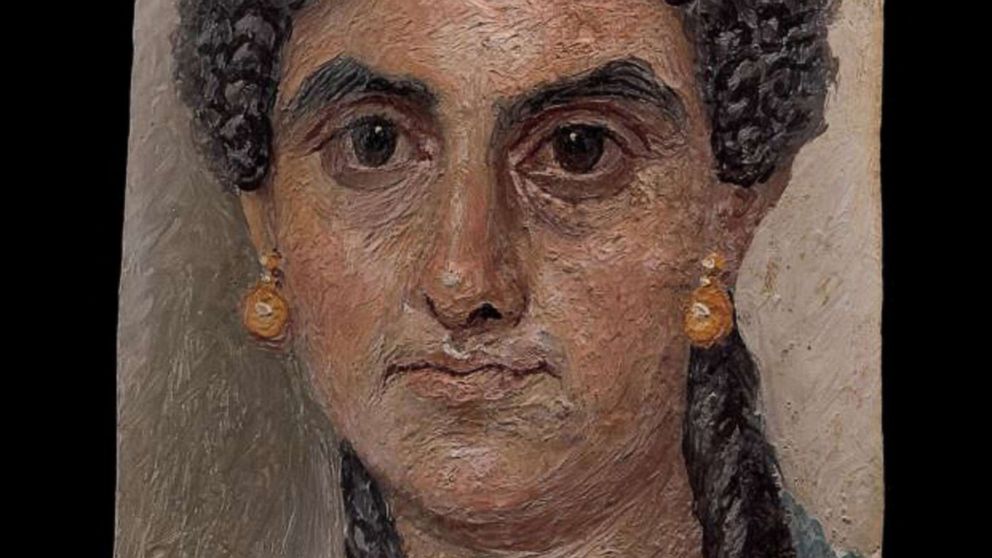Egypt will seek to recover antiquities seized from The Met in New York, official says
CAIRO -- Egyptian officials said they plan to start legal proceedings to recover five Egyptian antiques seized from The Metropolitan Museum of Art in New York as part of a wide-ranging investigation involving former Louvre museum President-Director Jean-Luc Martinez.
The five objects, which are said to be worth more than $3 million in total, were confiscated from the museum by the New York District Attorney's Office under a May 19 court order from the Supreme Court of the State of New York, The Art Newspaper reported last week.
"Measures are being undertaken to recover those objects," former Egyptian antiquities minister Zahi Hawass, a leading member of a committee the state had set up to repatriate stolen artifacts, told ABC News.
The Met bought the items between 2013 and 2015, the newspaper reported. They include a portrait of a woman painted during the reign of Roman Emperor Nero (54-69 AD) and linen fragments of the Book of Exodus that date back to "the fourth or fifth century."
"Throughout this investigation, The Met has been fully cooperative, and will continue to be so," a spokesperson for The Met told ABC News.

Martinez, who headed the Louvre from 2013 to 2021, was charged in May with complicity and fraud in concealing the origin of antiquities purchased by Met and Louvre Abu Dhabi, according to prosecutors in Paris.

The items in question also include a pink granite stele of 18th dynasty ruler and famous Boy King Tutankhamun, which Louvre Abu Dhabi had bought in 2016. It dates back to about 1327 B.C. according to the museum.
"Regarding the Louvre, we are awaiting the end of investigations to demand the artifacts' return," Hawass added, with other officials saying Egyptian authorities have been following up on the case with their French counterparts since 2020.
The prominent Egyptologist hit out at both museums for turning a blind eye towards the origin of the objects they bought. He said all such artifacts were "secretly excavated" and smuggled out of Egypt in 2011 when the country was gripped by the Arab Spring turmoil.

"The museums committed a mistake; they should have contacted Egypt's antiquities ministry and inquired about the origins of those objects. They were fooled by the dealer," Hawass said.
In 2019, U.S. authorities returned to Egypt the gilded sarcophagus of high-ranking priest Nedjemankh, after it was sold to The Met with fraudulent paperwork two years earlier.
Egypt said it had recovered 5,000 ancient pieces from the U.S. last year.




